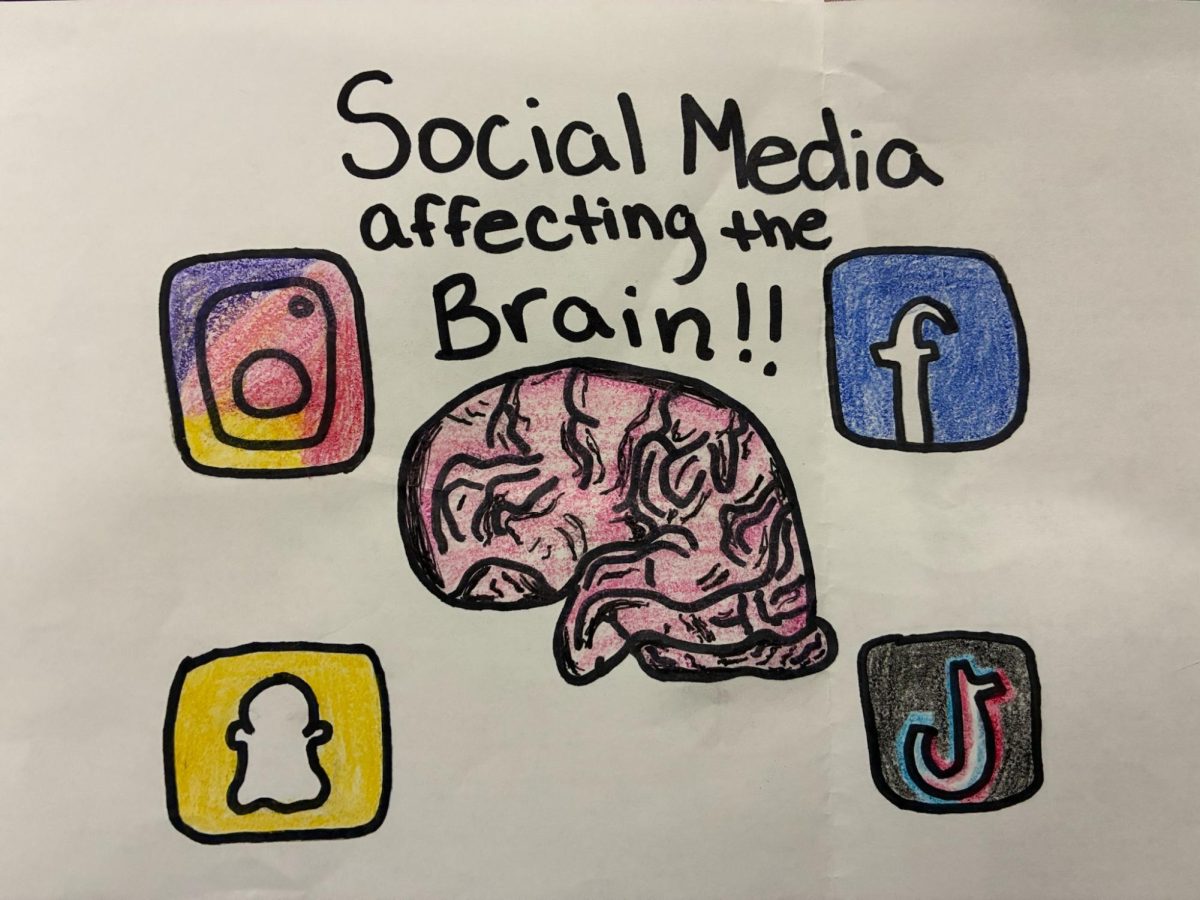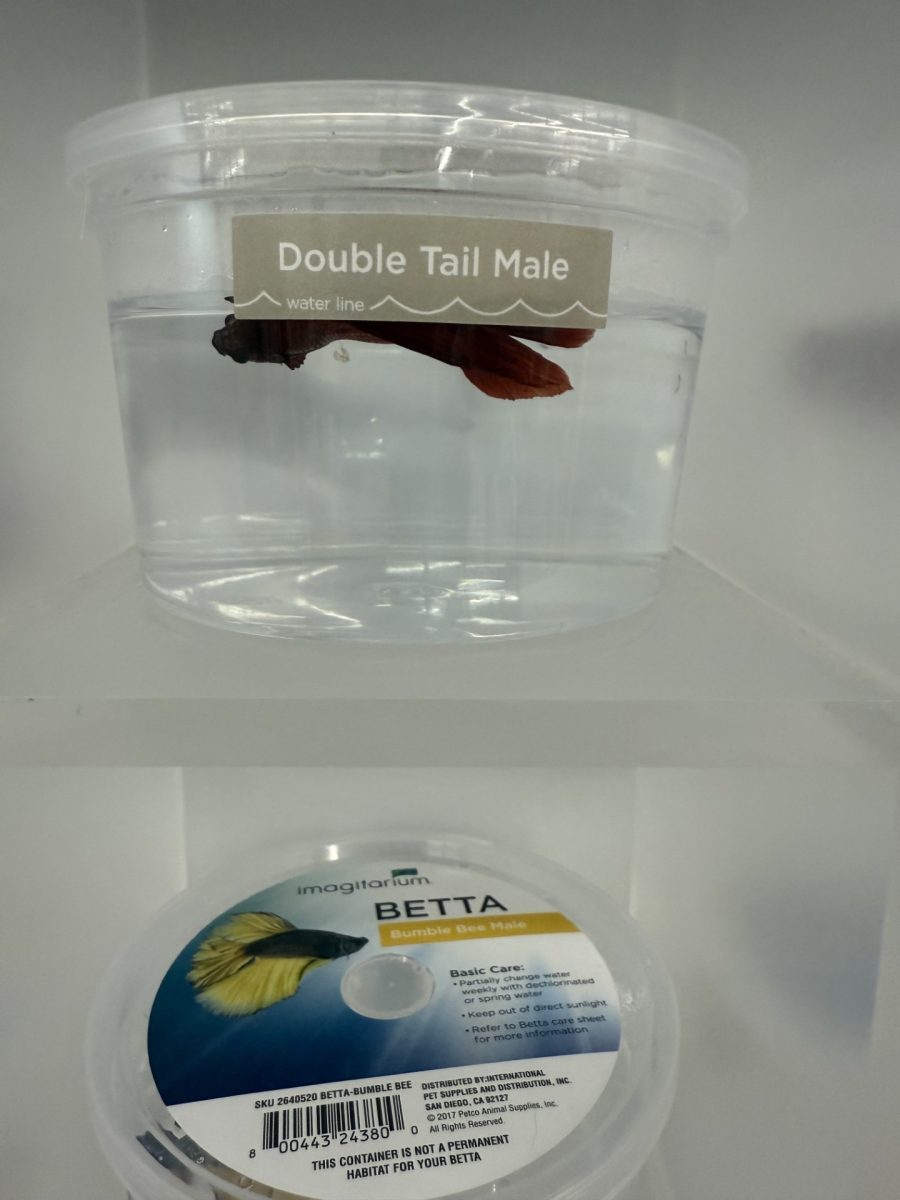Everybody loves to support a good cause. However, what people seem to love even more is making others believe that they support a good cause; while, in actuality, they don’t care, or even know much about the very cause they’re “in support” of. This has most recently been apparent with the USC Ice Bucket Challenge.
Now if you haven’t heard of the Ice Bucket Challenge, it was originally created to bring awareness and fundraiser for a serious neural condition, ALS (Amyotrophic Lateral Sclerosis) –in which it raised over $115 million dollars. It’s now coming back with a new cause, mental health awareness. Students at The University of South Carolina’s Mental Health Illness Discussion Club created the campaign in order to bring awareness to mental health issues and to fundraise for the nonprofit organization Active Minds. They called this challenge the “#SpeakYourMIND Challenge.”
The instructions for this challenge–per MIND’s Instagram page, @uscmind–are to participate, nominate friends, donate, share your video, and to ‘learn & support’. First you record yourself doing the challenge, then you nominate two to five people to do the challenge next while getting creative to spread awareness, donate to Active Minds, post your video using the hashtag “#SpeakYourMIND,” and tagging @uscmind. Finally, the last step, and also arguably the most important part of the instructions is to use resources, MIND’s or other, to learn more about mental health issues.
This challenge, overall, has achieved more than the original goal they were shooting for. Originally, MIND hoped to bring awareness for mental health issues to the USC campus and raise at least $500 dollars for Active Minds. Currently, #SpeakYourMIND has spread across the country; and, as an example of how far this challenge has come, a host of the TODAY Show, Jenna Bush Hager, participated in it live on air. On top of this, they have also raised over $100,000 for the Active Minds non-profit. The challenge, in total, has done an extraordinary job of both raising awareness as well as fundraising.
The issue with this challenge stems from some of the people participating in it; or rather, some of the challenges seem to… lack effort. The challenge is supposed to encourage you to donate to mental health causes, share personal stories relating to mental health, support others that suffer from mental health issues, and educate yourself on mental health issues. Those “participating” in the trend-I mean challenge have a total disregard for doing the parts of the challenge that actually involve raising awareness for mental health. Almost as if they see that they’re nominated and go, “ok, I’ll throw cold water on my head now.”
Currently, the most common examples of the challenge are not at all similar to the original videos. They are still dumping icy water over their heads, but they don’t include the other key details which made the challenge distinct from the ice bucket challenge that supported ALS. Most of the current videos go “Hi my name is _, thank you _ for nominating me for the USC ice bucket/Speak Your Mind challenge. I nominate _.” With water then being poured onto their head, and the video ending shortly after.
Seemingly, everyone’s least favorite portion of #SpeakYourMind is donating. Out of the numerous challenges that are being posted daily, almost none of them mention the donating part of the challenge–much less actually donate to causes themselves. There is no shame in not being able to donate to something; however, most “participants” neglect to even talk about donating at all.
In addition to neglecting to acknowledge the donation aspect of #SpeakYourMind, individuals don’t share personal stories that relate to mental health, they also don’t share any information relating to it. They, instead, only “participate” by nominating people and then having water dumped onto their head, which is strange because the challenge is to “speak your mind.”
The benefit of sharing a personal experience involving mental health was that it helped people humanize the issue. Listening to others talk about how something–like mental health–can affect and hurt someone makes people empathize with the issue, making it a much more real issue in their eyes. On the other hand, even just sharing some facts or information that relates to the topic can spread information and awareness on the issue.
A lot of the people who participate in the #SpeakYourMind challenge simply aren’t aware of its purpose. Now, there is nothing wrong with doing a trend because it’s a trend; however, we should do research on something before we recreate it. This could be achieved through looking through the challenge’s hashtag, or just by googling the challenge itself.
There isn’t anything wrong with having done this challenge unaware of what it was created for. I’m not shaming you if you have, after all, I’ve done trends without knowing where they originated. However, we need to do a better job of educating ourselves on what exactly is the trend we are participating in and where it originated from.
Despite it being watered down to just a trend, it’s still done a whole lot of good. In the end, the USC Ice Bucket Challenge has definitely helped raise awareness for mental health issues and help push talking about mental health to be more socially acceptable. It’s successfully taken something that helped so many people in the past and turned it into something that can help even more people today.









